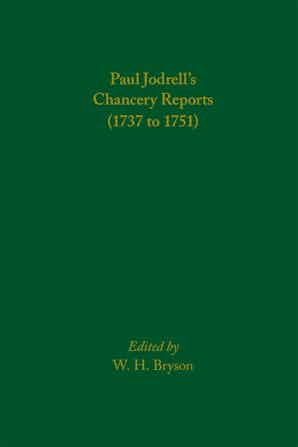Last year, Boydell & Brewer
published a new book on Dutch-North African Diplomacy in the Early Modern Mediterranean.
ABOUT THE BOOK
This work offers a new
perspective on the history of diplomacy in the western Mediterranean, examining
how piracy and captivity at sea forced Protestant states from northwest Europe
to develop complex relationships with Islamic North Africa. Tracing how Dutch
diplomats and North African officials negotiated the liberation of Dutch
sailors enslaved in the Maghrib, author Erica Heinsen-Roach argues that
captivity and redemption helped shape (rather than undermine) a new diplomatic
order in the western Mediterranean.
Making use of extensive archival
research, Consuls and Captives shows how encounters with North African society
led the Protestant North to adjust to the norms and practices of the western
Mediterranean. Dutch consuls became state representatives, tasked with claiming
the unconditional release of captives from the Netherlands. But caught between
these directives and the realities of Maghribi politics, the diplomats
consented to pay ransom, participated in what they considered lavish
gift-giving practices, and began to pay tribute -- all practices that were
departures from the norms the Dutch States General upheld in "doing"
diplomacy.
In analyzing these adjustments,
Heinsen-Roach brings into question earlier interpretations of diplomacy as a
progressively evolving institution anchored in the western modern tradition.
Consuls and Captives shows instead that early modern diplomacy in the western
Mediterranean developed in uneven ways as a product of cultural encounters.
With its compelling argument and wide-ranging evidence, this book will have a
strong appeal to scholars of early modern diplomacy, slavery, and Mediterranean
history, as well as to specialists on the Dutch Republic.
ABOUT THE AUTHOR
Erica Heinsen-Roach is visiting
assistant professor at the University of South Florida St. Petersburg.
TABLE OF CONTENTS
Global Treaty Making: From
Morocco to Constantinople
Captivity and Diplomacy in
Algiers and Tunis
The Consul as State
Representative
Ransoming is the Norm
Collective Redemption: Naval
Violence and Hostage Taking
A True Public Minister: Consuls
and Jewish Mediators
The Reluctant State
The Cannon as Gift:
Institutionalizing the Problem
More info here


















